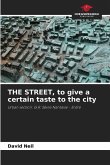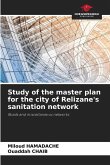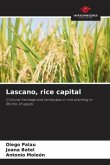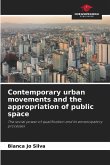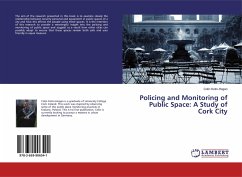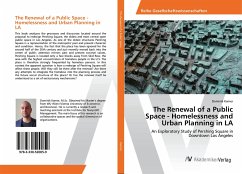The anarchic occupation of public spaces is one of the characteristics of African cities and thus constitutes a real problem of space management. Faced with this problem, the political strategy adopted until now by governments to free up public space is eviction. This scientific study aims to identify the shortcomings of the current policy of eviction in order to propose a more optimal plan in the sense of Pareto to better free public spaces. It emerges from this work that the eviction has affected the entire population, leaving more disadvantages than advantages. Thus, the policy of clearing public space is seen as the transformation of private property into public property (public space) and improves the utility of one agent of the community while decreasing that of another agent of the community. To better clear public space in the future, a set of strategies has been proposed: a more favorable plan based on the "invisible hand" that will help agents to make the resolution to leave public space themselves.


